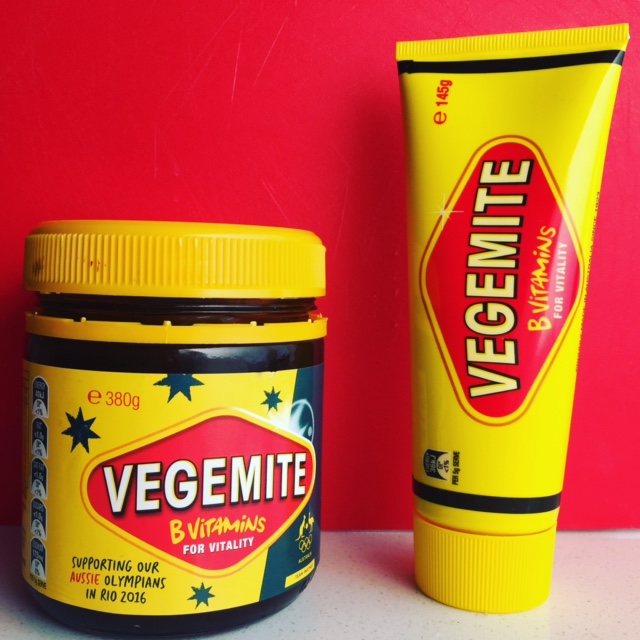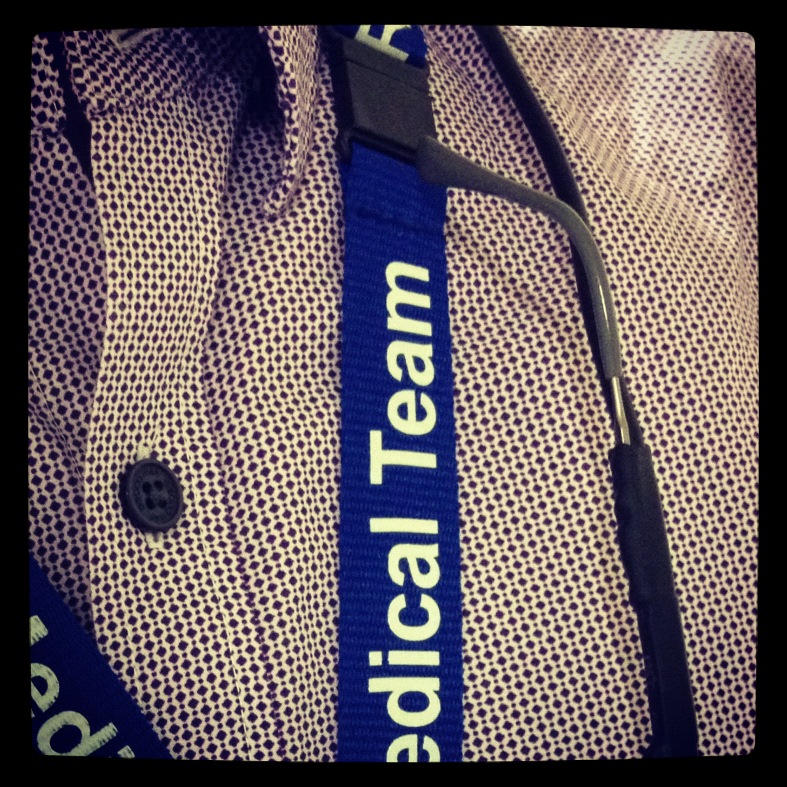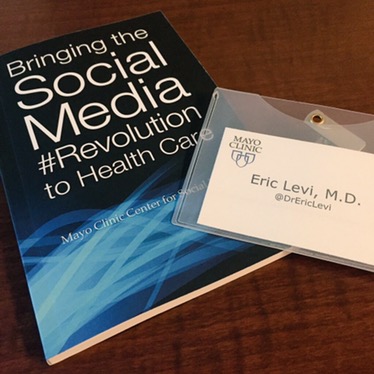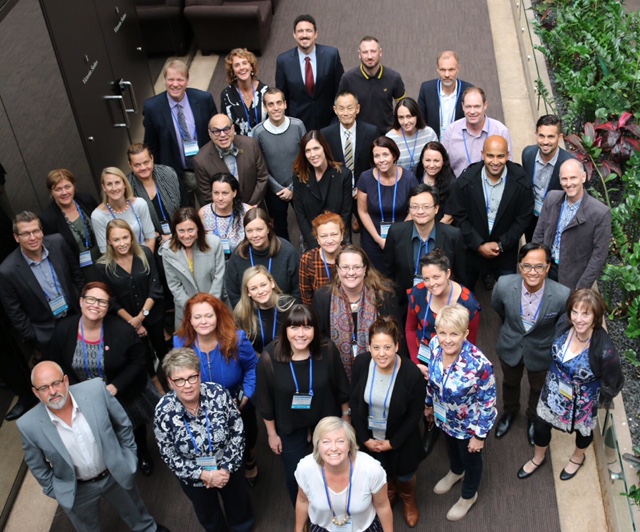
This thought was presented first at #MayoInOz Social Media in Healthcare Summit, Melbourne.
Many social media non-users don’t understand Social Media the way many non-Aussies don’t understand our national preoccupation with The Vegemite.
Social Media is like the Vegemite. It does not come with any How-To Guides.… Read more




